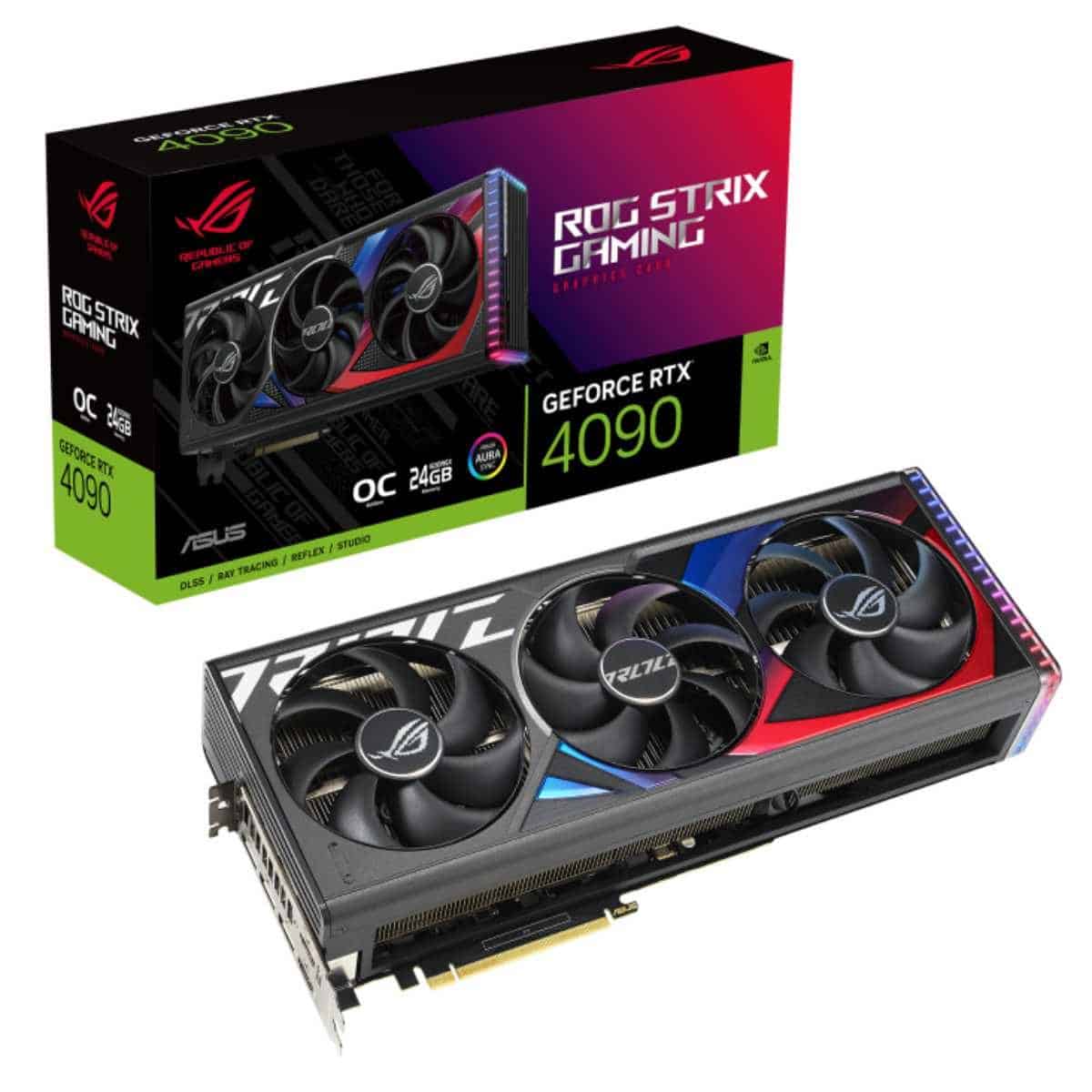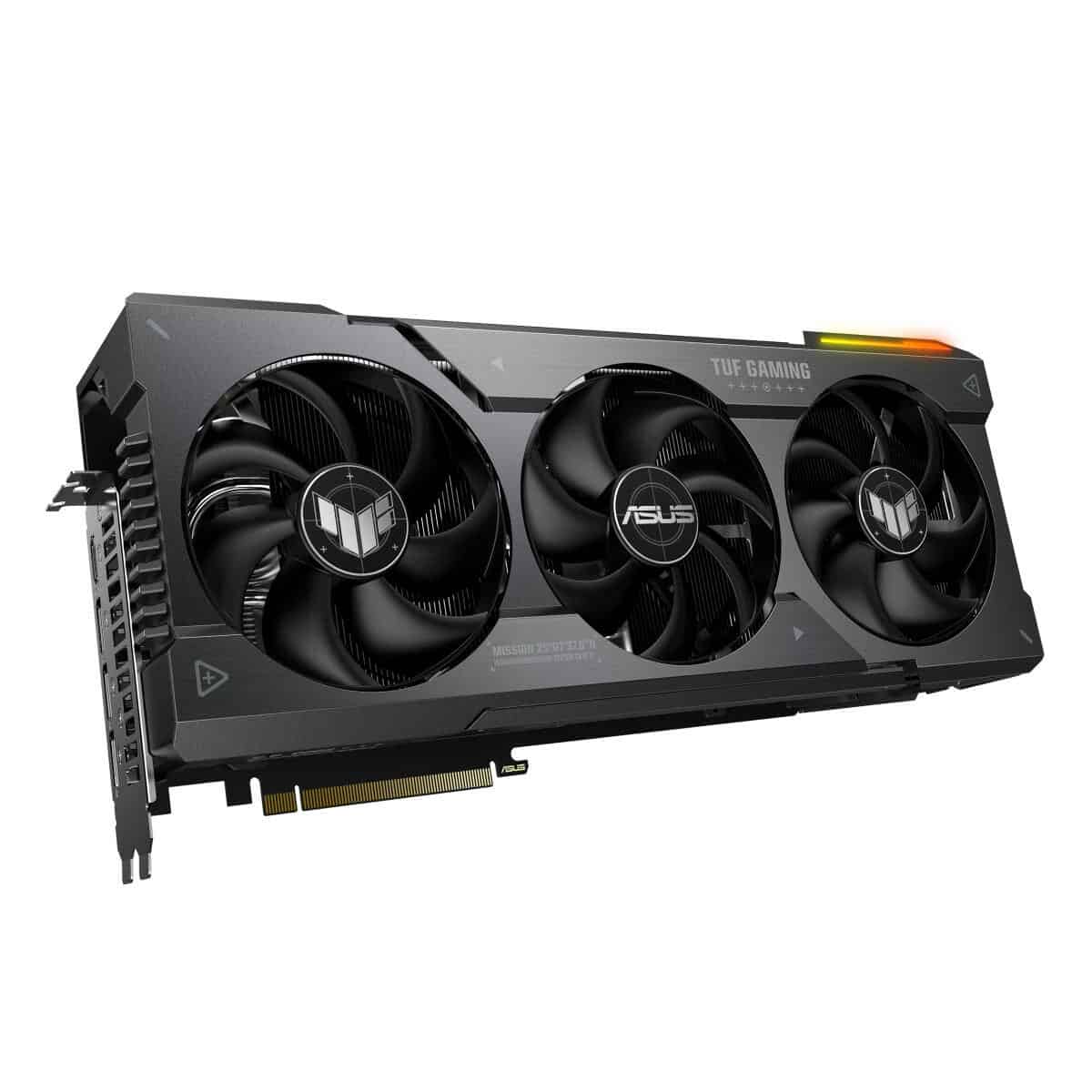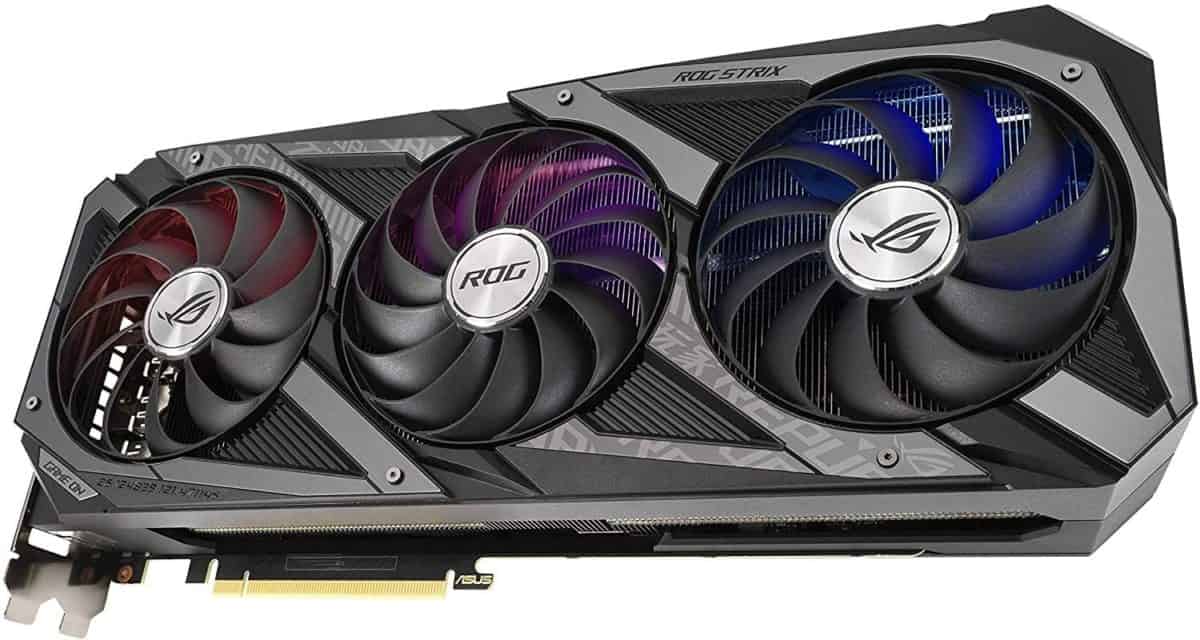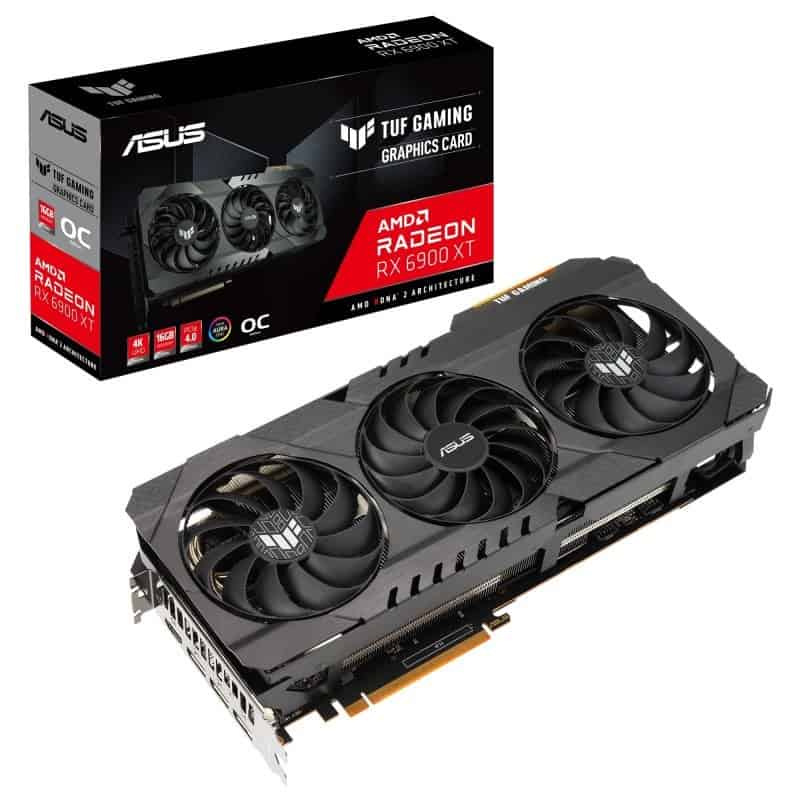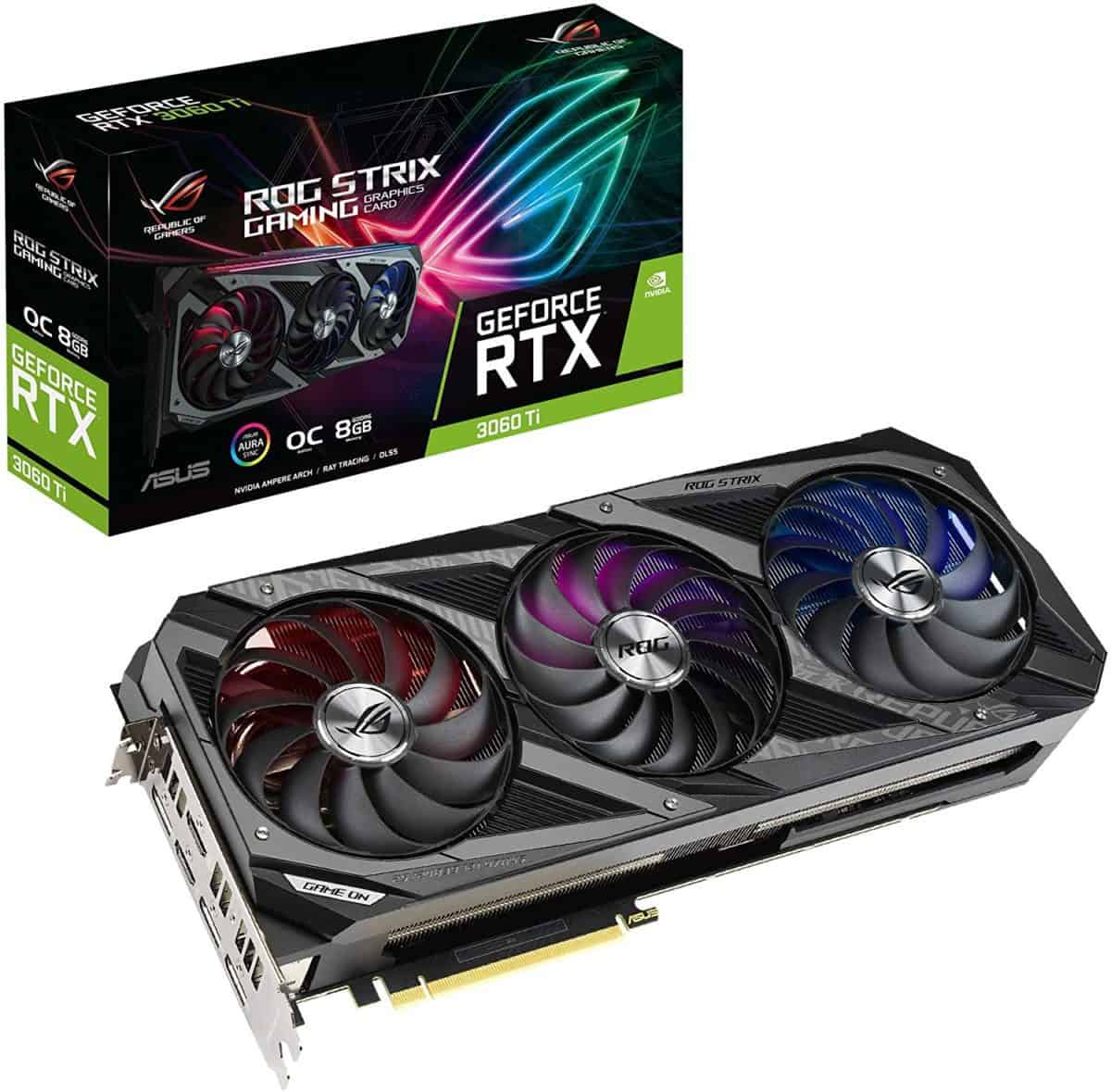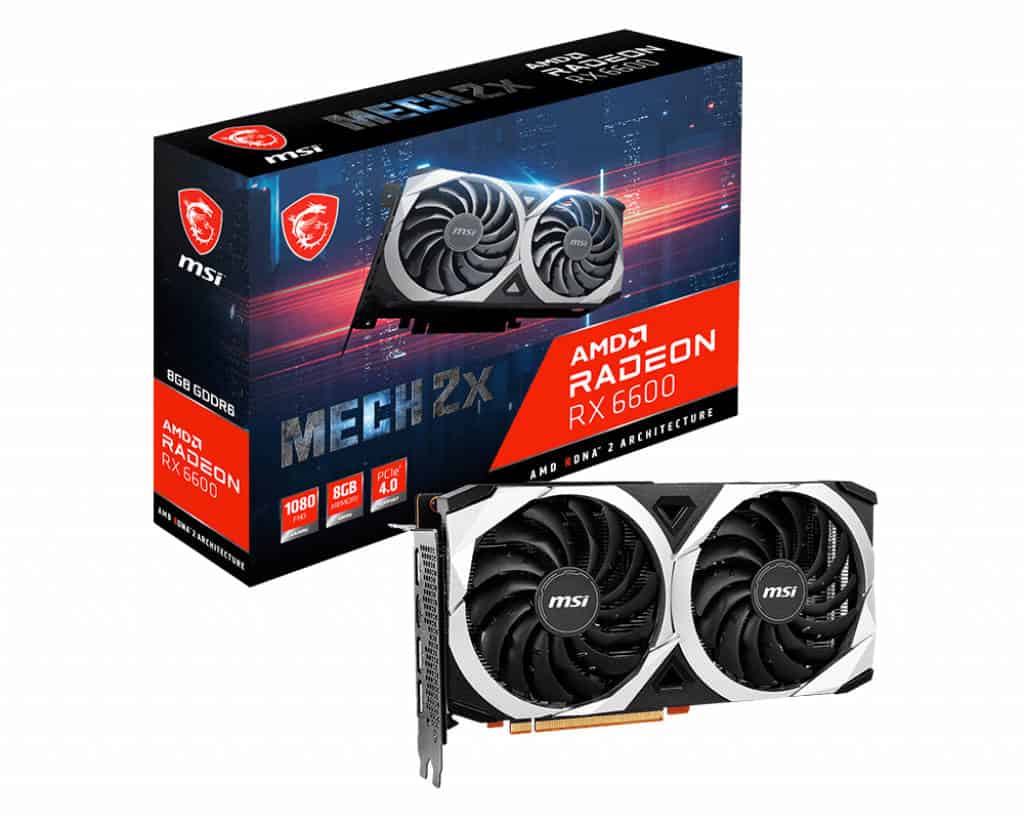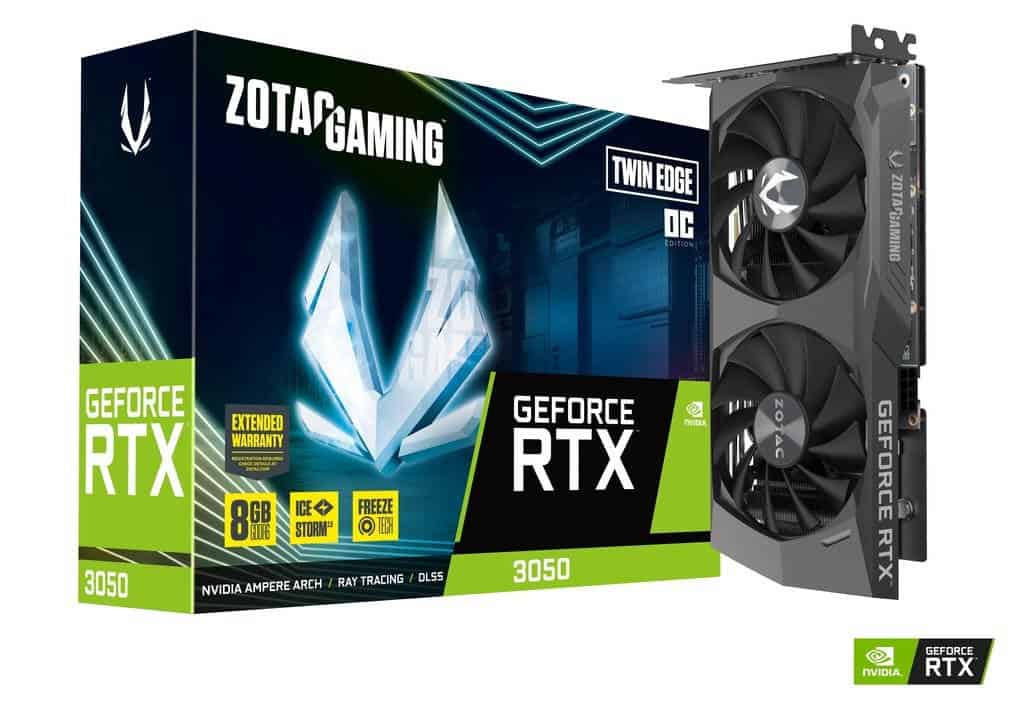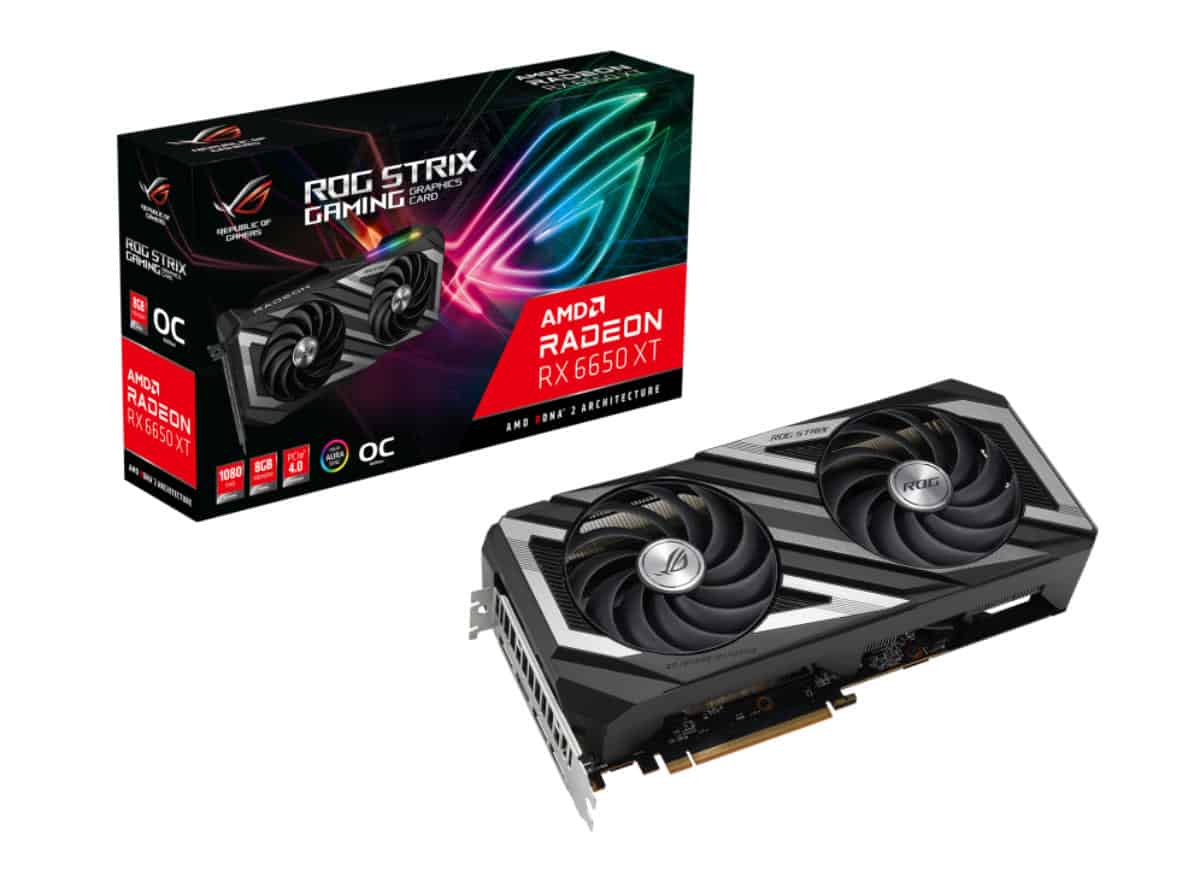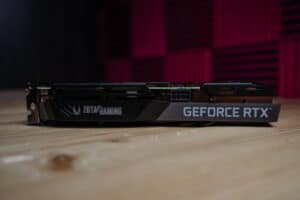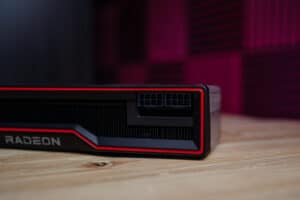Is GPU mining legal?
As you look to earn something on your expensive part, you may want to know if its legal
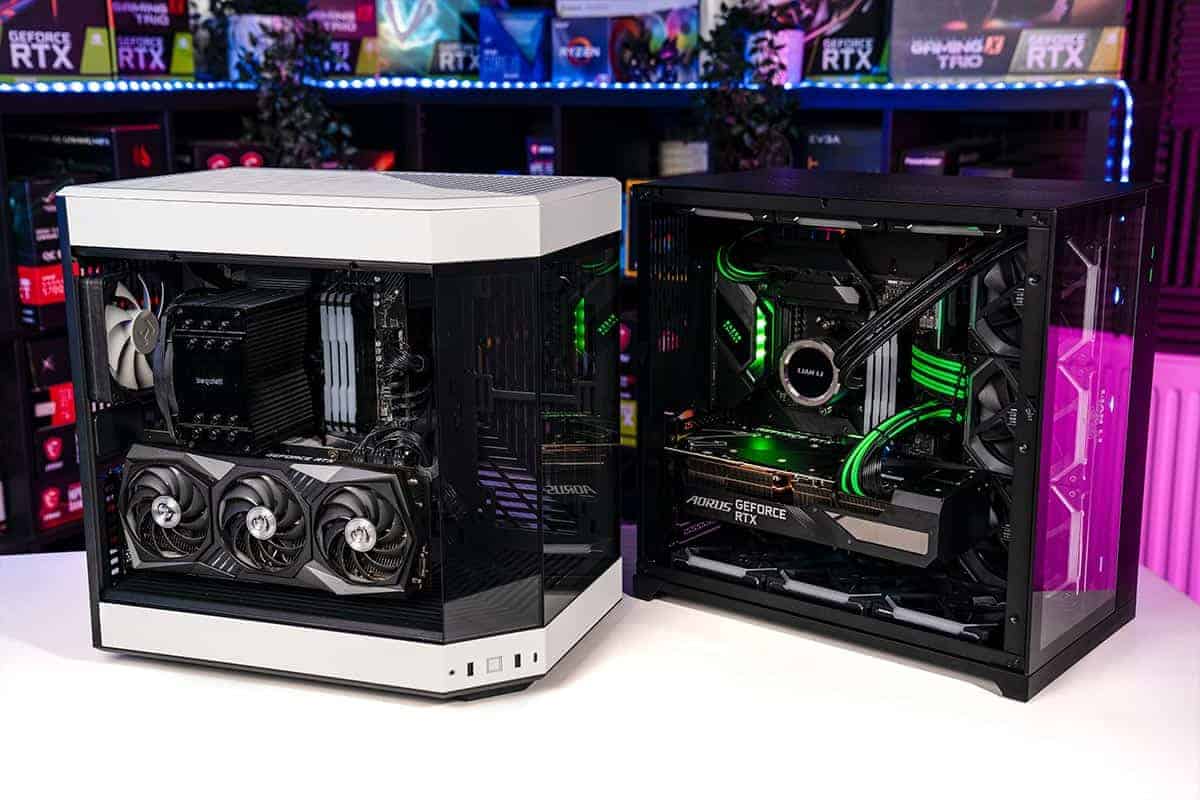
WePC is reader-supported. When you buy through links on our site, we may earn an affiliate commission. Prices subject to change. Learn more
If you’re planning to earn some money on the side with your current GPU you may look at some cryptocurrencies. As such you may wonder, is GPU mining legal where you are? What caused a massive GPU shortage during the pandemic might see a rise again.
GPU mining is legal in most countries, though there may be regulations and requirements that must be adhered to. As a general rule, mining cryptocurrencies with a GPU is legal in most jurisdictions; however, certain types of mining may require special permission or certification to operate legally.
Some countries, such as China, have placed limitations on cryptocurrency mining due to concerns about energy consumption and the environment. On the other hand, countries like the United States generally don’t have many restrictions on cryptocurrency mining but some states may have specific regulations that must be adhered to.
One of the major drawbacks of GPU mining is its high energy consumption. This has raised concerns over its impact on the environment and prompted certain governments to take measures to reduce consumption. For instance, Iran temporarily banned cryptocurrency mining in 2021 due to potential power shortages.
In certain countries or regions, there may be regulations or restrictions on cryptocurrency mining which could impact its legality. For instance, some nations require individuals and companies involved in mining to obtain licenses or permits and regulate how much energy can be used for mining.
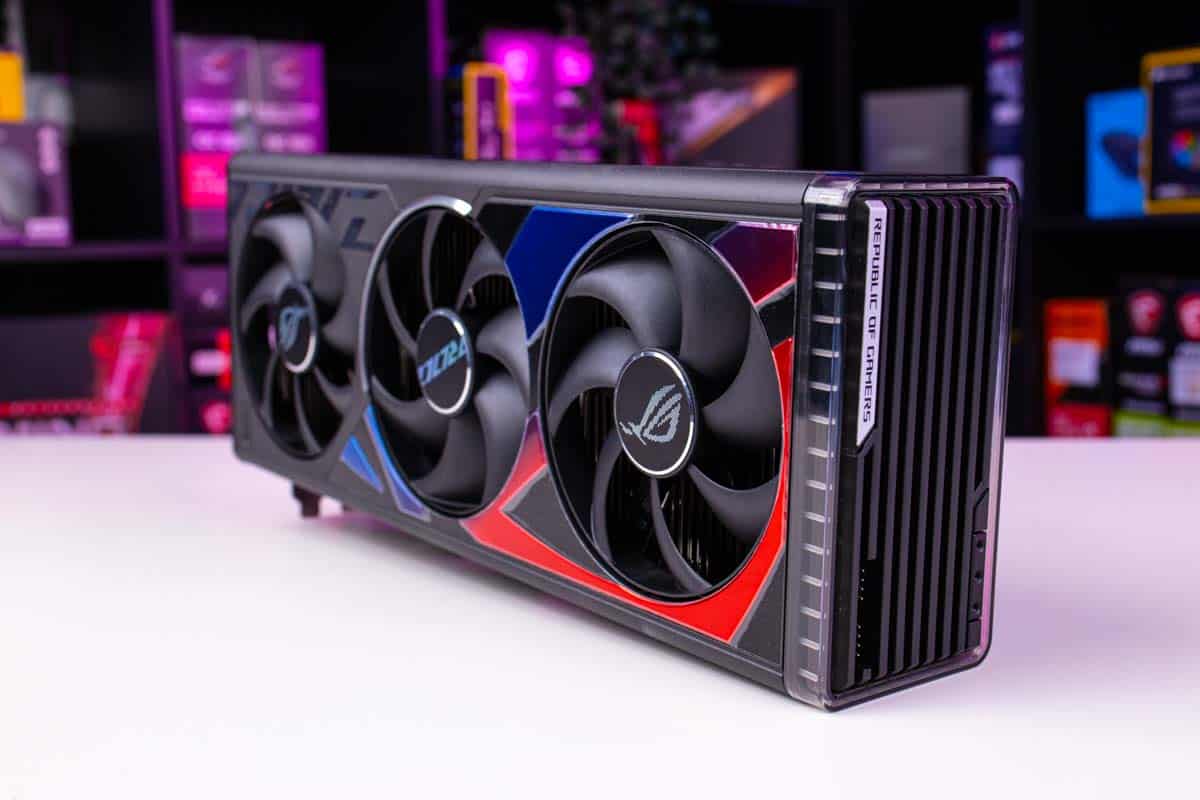
Before you begin engaging in mining cryptocurrency, It is essential to study the rules and laws of your local area. Furthermore, be mindful of potential risks and costs related to mining such as electricity expenses, hardware requirements, and market volatility.
There have been concerns raised about the legality of mining certain cryptocurrencies, such as privacy-focused coins like Monero. These coins are designed to remain anonymous and untraceable, raising questions about their potential involvement in criminal activities like money laundering.
Overall, the legality of GPU mining depends on the specific jurisdiction and type of mining being done. Generally speaking, mining cryptocurrencies using a GPU is allowed, however, there may be regulations and requirements that must be abided by. It’s therefore essential for miners to research local regulations and abide by any applicable laws or guidelines.
Where is crypto mining banned?
If it’s for the general banning of cryptocurrencies or in particular mining due to power concerns there are some places that have banned the practice. These places include:
- China
- Kosovo
This isn’t an extensive list and may vary. But some places also have a general ban on crypto. Some prohibit it under Islamic law and being haram. So these bans are in:
- Algeria
- Egypt (haram)
- Morocco
- Nigeria (banking ban)
- Namibia (banking ban)
- Canada (banking ban)
- Argentina (banking ban)
- Bolivia (illegal)
- Colombia (banking ban)
- Ecuador (illegal payment, banking ban)
- Afghanistan
- United Arab Emirates (banking ban)
- Saudi Arabia (banking ban)
- Jordan (banking ban)
- Turkey (banking ban)
- Qatar (banking ban)
- Iran (banking ban)
- Bangladesh
- Nepal
- Taiwan (banking ban)
- Cambodia (banking ban)
- Indonesia (illegal payment tool)
- Thailand (illegal payment tool)
- Vietnam (illegal payment tool)
- Russia (banking ban)
- Ukraine (illegal to buy with local currency)


